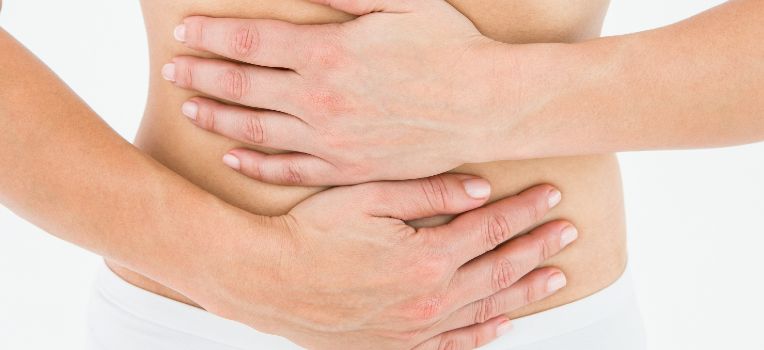Ovarian age plays a role in embryo implantation failure and miscarriage. But does the chronological age of the uterus also affect implantation rates?
A study by Reproductive Medicine Associates of New York (RMA of NY) demonstrated that, no, uterine aging does not contribute to the age-related decline in fertility. Implantation rates will not be affected by the chronological age of the uterus.
The retrospective cohort study assessed the effect of uterine age by controlling for egg quality with the use of comprehensive chromosomal screening (CCS). The researchers analyzed 869 IVF cycles. The blastocysts selected for transfer were determined to be chromosomally normal.
While the number of eggs retrieved decreased with age, 54 percent of transfers resulted in implantation and 50.4 percent progressed to a clinical pregnancy.
Embryo Implantation Rate No Different
All chromosomally normal embryos appear to have an equivalent implantation rate potential regardless of the woman’s age, according to Dr. Alan Copperman, Medical Director of RMA of NY. With this study, “We’re controlling for variables and we’re putting embryos into women whose uteri are 20, 30, 40, or 50, and we’re finding that the implantation rate is the same. The eggs age but the uterus does not appear to age,” Copperman says.
“That’s not the whole story, obviously,” he adds. “A 45-year-old woman may be at risk of hypertension or gestational diabetes. She needs medical clearance, and there might be other health related issues, but I think the implantation rate should not change whether the uterus is 30 years old or 40 years old – and there’s pretty convincing data.”
Uterine Condition, Not Age
While the age of uterus doesn’t affect implantation, the condition of uterus does. “It’s important that we never get so excited about genomic analysis of embryos that we forget to start at square one. And square one really always starts with taking a history of the patient, a physical examination, finding out about egg quality and sperm quality, and evaluating the uterus,” Copperman says. The uterus can be evaluated by transvaginal ultrasound, hysterosalpingogram (HSG), saline ultrasound, or hysteroscopy. “If there’s a problem: a large polyp, a fibroid, a structural abnormality, or scar tissue then any of those conditions have the potential to lower the implantation rate. So, it’s very important to evaluate the uterine cavity before initiating one of these high-tech treatment cycles,” Copperman adds.
Dr. Alan Copperman is a board-certified reproductive endocrinologist and infertility specialist with a long history of success in treating infertility and applying fertility preservation technologies. He serves as Medical Director of Progyny, a leading fertility benefits management company, and co-founded and serves as Medical Director of RMA of New York, one of the largest and most prestigious IVF centers in the country. Dr. Copperman is also the Vice Chairman and Director of Infertility for the Icahn School of Medicine at Mount Sinai, and Chief Medical Officer of Sema4, a health information company. Dr. Copperman has been named to New York magazine’s list of Best Doctors 17 years in a row. He has been recognized by his peers and patient advocacy organizations for his commitment to patient-focused and data-driven care. He has published more than 100 original manuscripts and book chapters on reproductive medicine and has co-authored over 300 scientific abstracts on infertility, in vitro fertilization, egg freezing, ovum donation, and reproductive genetics.
